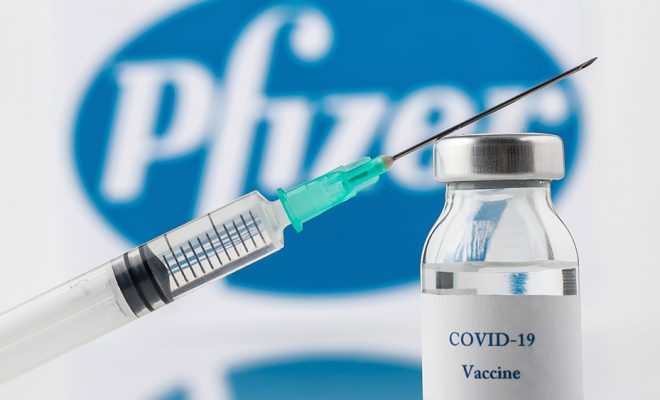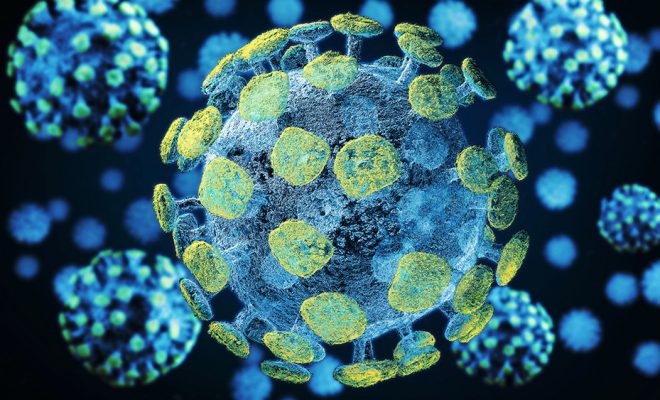Australian police officer rushed to the hospital due to BLOOD CLOTS days after receiving the Pfizer coronavirus vaccine

(Natural News) A police officer in Australia was rushed to the hospital due to blood clots several days after receiving the Pfizer-BioNTech Wuhan coronavirus (COVID-19) vaccine.
The 40-year-old officers from the state of Queensland had been previously tasked with patrolling the state’s quarantine hotels, according to local media outlet Nine News. He had received the Pfizer coronavirus vaccine on Sunday, April 18.
On Wednesday, he was rushed to a hospital in the state capital of Brisbane after developing blood clots. As of press time, Nine News reported that the officer has since been discharged and has returned to active duty.
Officials refuse to acknowledge possibility of link between Pfizer vaccine and blood clots
Queensland Health, the main health department of the state, is investigating the incident along with the Therapeutic Goods Administration (TGA), the country’s highest drug regulator.
Queensland Deputy Premier Steven Miles denied the connection between the blood clots and the Pfizer vaccine, saying it was too early to know if there is any link.
“What people should be very confident in though, is that our medical authorities are determined to investigate any such incident and provide that information and data, nationally and indeed internationally,” said Miles on Wednesday. “It will be thoroughly investigated. Our TGA is one of the strictest in the world.”
The health department avoided answering questions about the incident. In a statement it released on Wednesday, it deflected all concerns regarding the police officer’s situation.
“Queensland Health is aware of media reports that a 40-year-old had presented to a hospital following the coronavirus vaccine,” read the department’s statement. “The patient presented to a private hospital, is not currently admitted and any queries should be directed to the Federal Government.”
“In Queensland, all adverse events in relation to the COVID-19 vaccines are reported to the Therapeutic Goods Administration,” the statement continued. “The TGA will then undertake an assessment and determine whether there is any clinical link to the vaccination.”
Australian government restricts Pfizer coronavirus vaccine to people under 50
The incident with the police officer came just before the federal government of Australia announced that it was limiting the use of the Pfizer COVID-19 vaccines to Australians under the age of 50.
Department of Health Secretary Brendan Murphy said during a press conference that the Pfizer vaccine will be “restricted” to people under 50, despite earlier advice from health experts that it be merely classified as “recommended” for that age group.
“People will always have a choice and more Pfizer [vaccines] will be available later in the year,” said Murphy. “At this stage, we will not be making Pfizer available to those 50 and over.” For Australians over 50, the government has recommended the coronavirus vaccine developed by AstraZeneca.
“The risk-benefit for over 50 is vastly in favor of being vaccinated [with AstraZeneca],” claimed Murphy. This is despite the fact that at least one Australian has already died from blood clots likely linked to the AstraZeneca vaccine.
The change in Australia’s coronavirus vaccination rules may have been prompted by the high levels of vaccine hesitancy among certain groups. Many under 50 who qualify for the coronavirus vaccine, especially healthcare workers, have opted to refuse because they were supposed to get the AstraZeneca vaccine. Many are worried about the blood clots this vaccine causes.
“We hope that Australians heed the call to come out and get vaccinated,” said Murphy.
If the case of the Queensland police officer is confirmed, it will be the first official Pfizer case in the country to be connected to severe blood clots. Before this case, at least three Australians have been diagnosed with blood clots that were linked to the AstraZeneca vaccine.
Furthermore, over a dozen individuals have reported experiencing allergic reactions to the Pfizer coronavirus vaccine, but none of these people developed blood clots.









